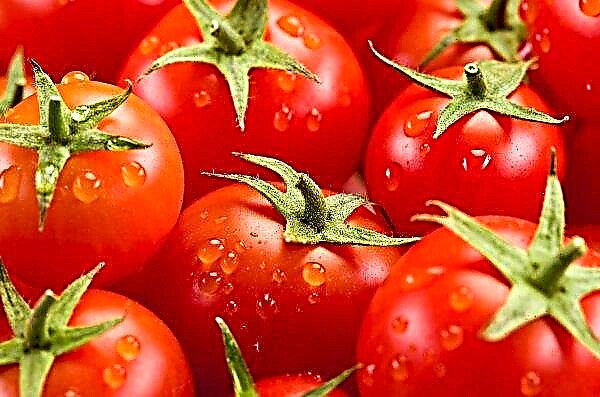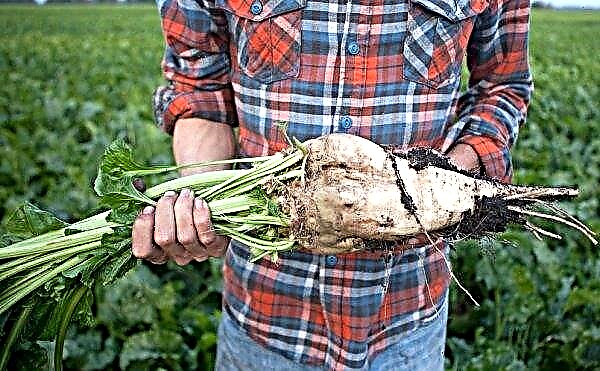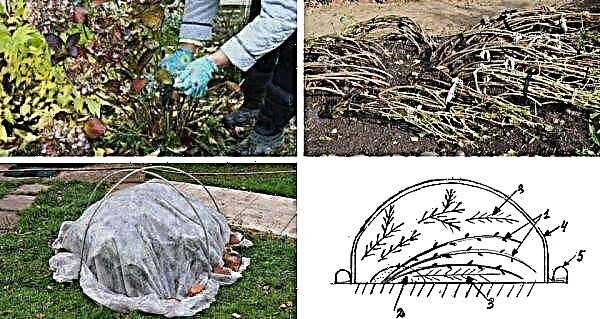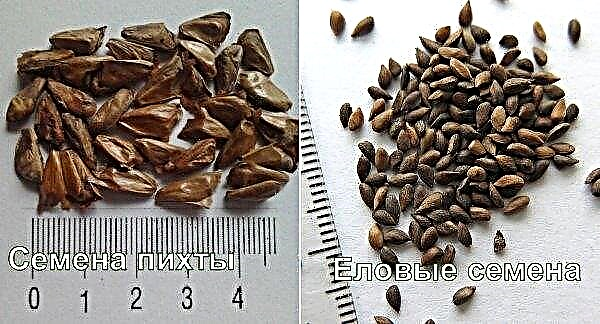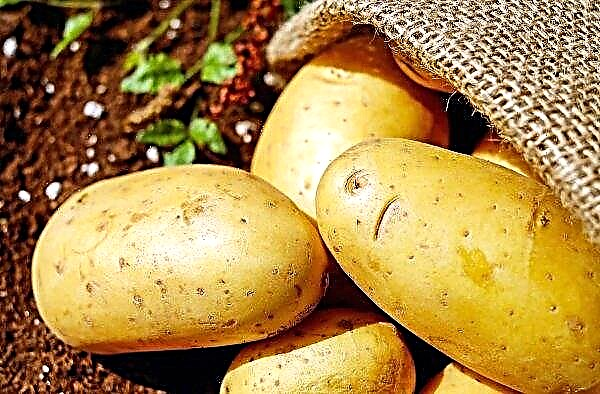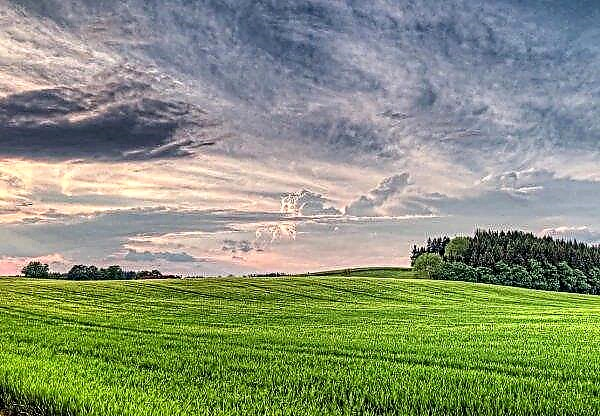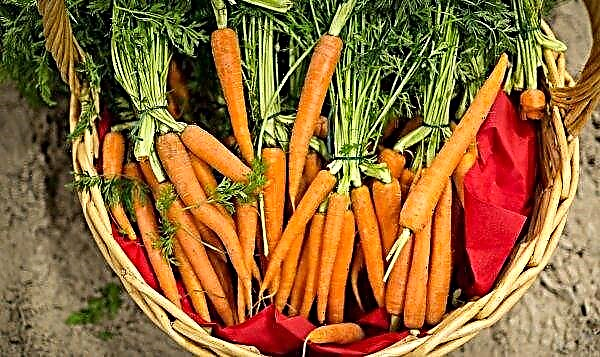Israel exports most of its own fresh produce, meat, chicken and milk, but the number of farms in the country decreased by 61% between 1981-2017, according to the first industry census conducted by the Central Bureau of Statistics in four decades.
However, a reduction in the number of farms does not mean a reduction in sown area. The census was carried out to get a comprehensive picture of the state of agriculture in Israel, where they say that agriculture is in danger.
There are currently 17,388 farms in Israel. In 1981, there were 44,400 farms in the country, and in 1995 there were only 25,400 left.
According to the Israeli Farmers Association, the number of farms in the country has declined due to a lack of profitability.
 Cows from Israel took 1st place in the world in terms of milk production (more than 12 thousand liters of milk per year from one cow).
Cows from Israel took 1st place in the world in terms of milk production (more than 12 thousand liters of milk per year from one cow).
Shai Hagigi, chairman of the Center for Regional Councils, warned that the average age of farmers in Israel has grown to 60 years. Direct speech: “The government should recognize that agriculture is a strategic asset and pursue policies aimed at encouraging young people to enter the sector,” he said.
Almost 2/3 of all agricultural land in the country is used for growing fruits and vegetables. According to the Bureau of Statistics, another 19% is used for livestock and 17% for mixed use.
Meanwhile, employment in agriculture declined. The Bureau said that total employment in agriculture, forestry and fisheries in the first three quarters of last year amounted to about 40 thousand people. This was slightly less than 1% of the 4 million people in Israel.
- Earlier we reported that in the Udmurt Republic, an embryonic center will be created to accelerate the genetic progress of the dairy herd, another goal of its opening is to increase the profitability of milk production.
- Russian agricultural organizations were able to increase the number of livestock raised by 15.1 thousand tons (+ 2.1%) to 724.6 thousand tons, and personal households of the country's population increased their cattle output by 10.5 thousand tons (+ 6.3 %) up to 176.0 thousand tons.
- Ukrlandfarming agricultural holding does not plan to increase the number of cattle.
- Earlier, we reported that the number of cattle in the assets of agricultural enterprises in the Republic of Chechnya grew by more than sixteen and a half percent.
- Farmers-entrepreneurs and owners of agricultural enterprises of Donetsk and Lugansk regions will receive subsidies from the state budget for the maintenance and breeding of cattle.

